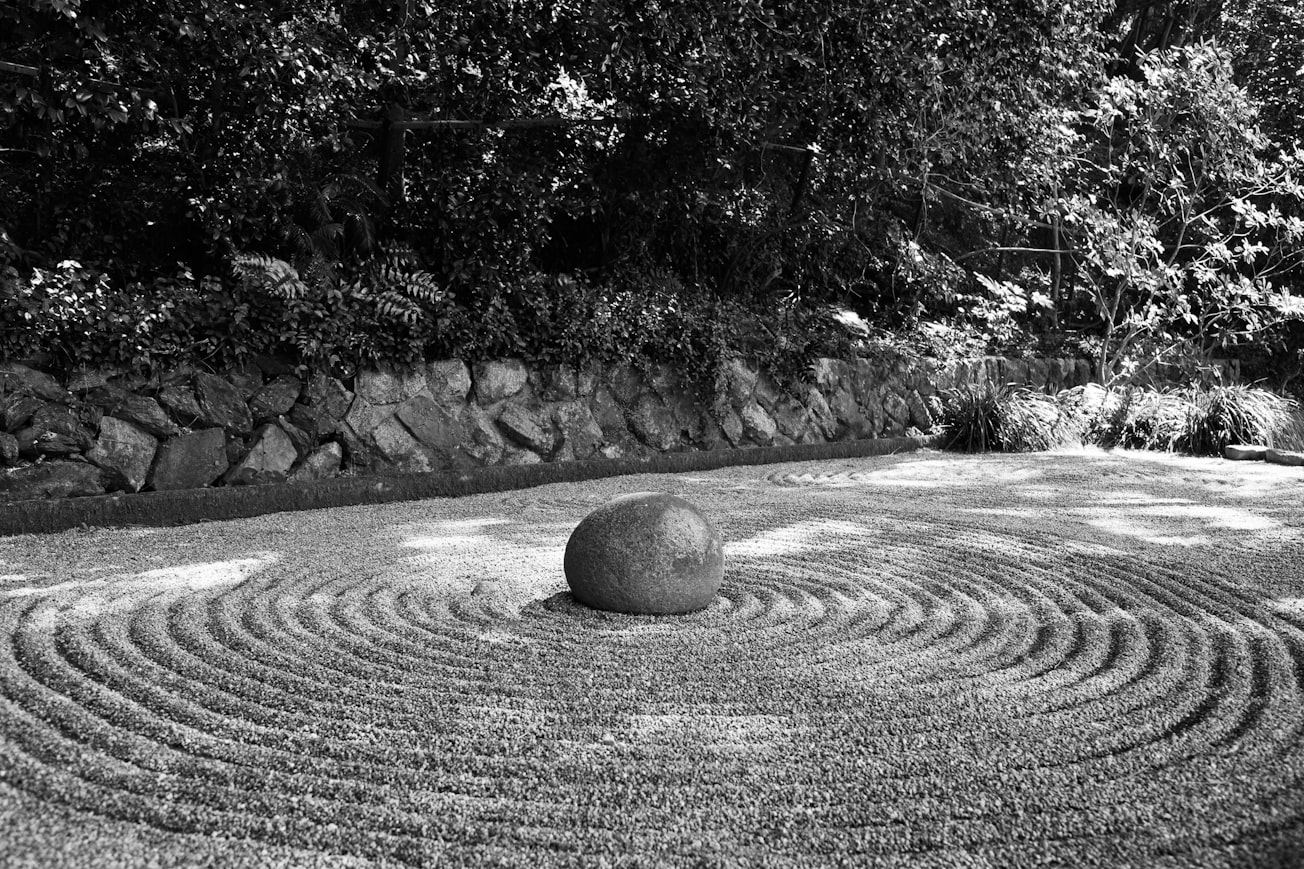What is it about?
What is the significance of the garden in the relationship between humans and the non-human world? What is the aesthetics of gardening and its ethical impact on human life? This paper examines the human-nature relationship in the art of Japanese gardening in The Garden of Evening Mists (2012), the award-winning novel by the Malaysian writer Tan Twang Eng. It also investigates how the protagonist’s gardening transforms her attitude toward nature, alters her mind, and opens up ways of coping with her traumatic experience.
Featured Image

Photo by June Wong on Unsplash
Why is it important?
The paper examines the significance of gardening in the novel’s specific context. Drawing upon the aesthetics of Japanese gardening and theories of garden art, it argues that the novel advocates the complementarity of nature and human artifice in gardening. It also discusses how gardening art and garden appreciation induce the protagonist to forgive her transgressors and to make peace with the past.
Perspectives
Writing this paper was interesting because it provided me with an opportunity to examine the topic of the garden which, in recent decades, has been studied, in the fields of philosophy, landscape architecture and ecocriticism. It was fascinating to see how an interdisciplinary approach which incorporates literary studies, garden theories, and environmental aesthetics sheds new light on the novel.
Darin Pradittatsanee
Chulalongkorn University
Read the Original
This page is a summary of: On a Path towards Forgiveness: Garden-Practices and Aesthetics of Engagement in Tan Twan Eng’s, Manusya Journal of Humanities, June 2022, Brill,
DOI: 10.1163/26659077-25010001.
You can read the full text:
Contributors
The following have contributed to this page







